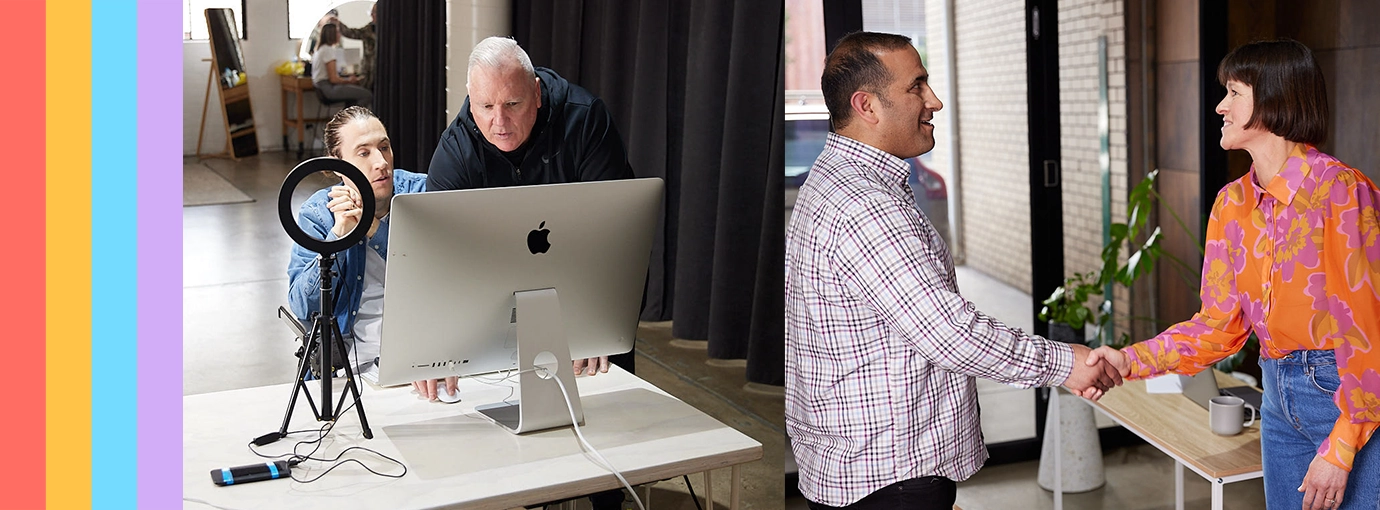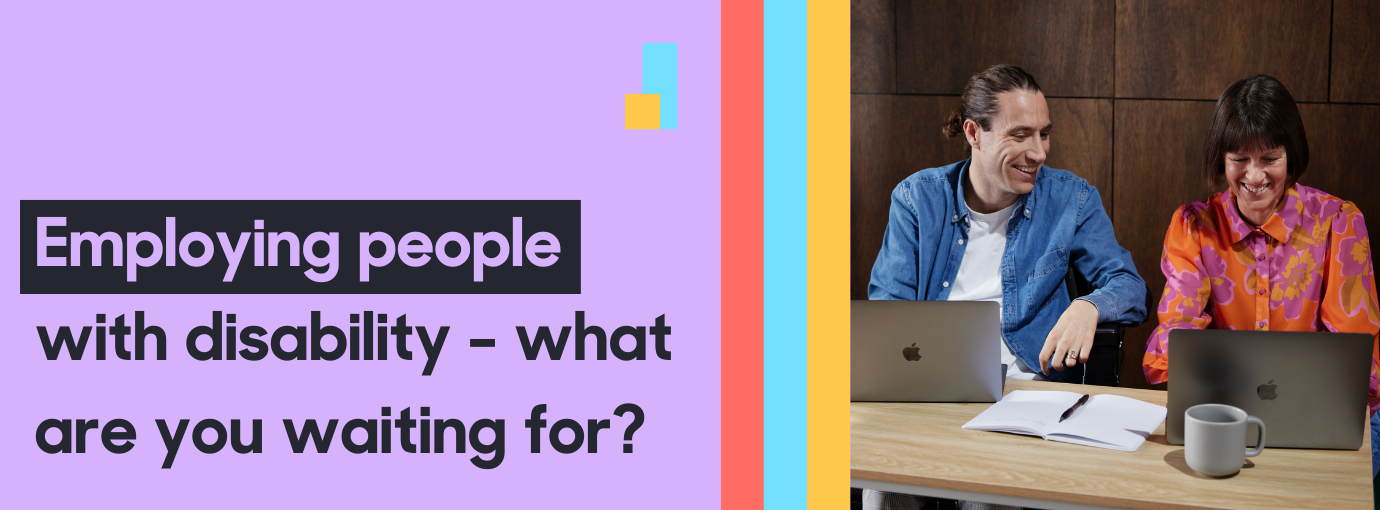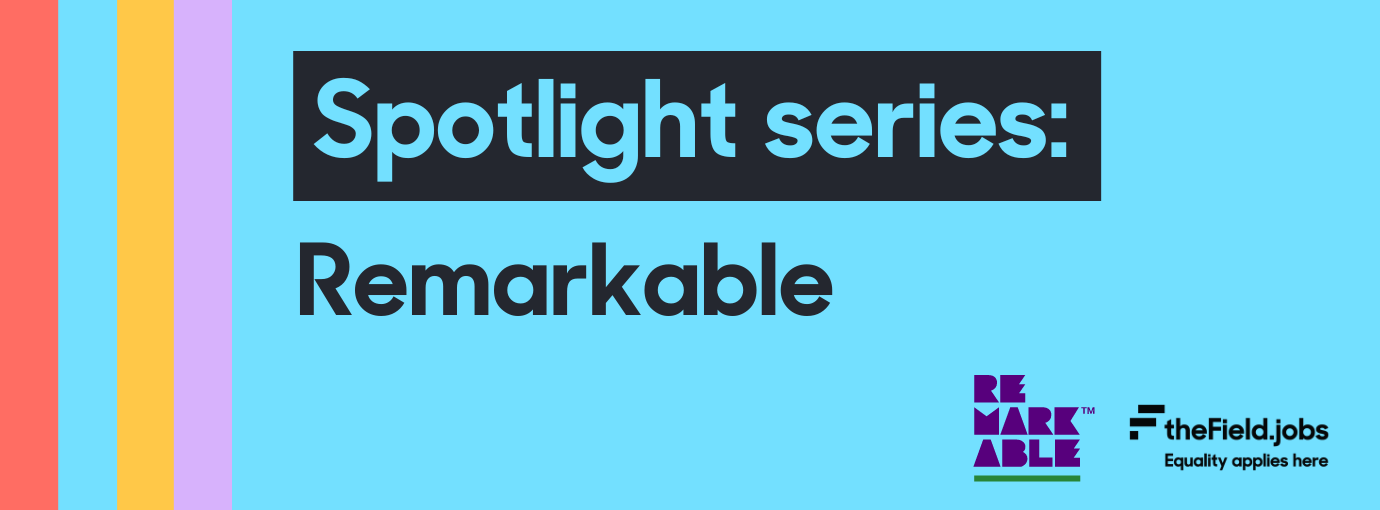There are no two ways about it, getting turned down from a job is disheartening, and when you’re looking for a job it can feel like it happens time and time again. On average, job seekers who apply for 10 to 15 jobs receive 6 to 10 rejections . If you receive feedback from an employer about why you didn’t get a role, knowing what to do with it is a huge part of improving your chances next time.
Receive
Getting feedback is never anyone’s favourite thing and it’s easy to get frustrated, particularly when you don’t get a role. It’s important to think about how you receive feedback while it’s being given, especially if this feedback is given in person. If you can, try to avoid reacting in the moment. Instead, make some notes and take feedback away to process in your own time. You can always ask follow up questions if you would like more clarity.
Reflect
Once you’ve received your feedback, take some time to reflect on what’s been said. Reflecting looks different for everyone, but it might be rereading feedback/notes or spending some time outside in the fresh air, exercising, or listening to your favourite music. Think about the feedback conversation. How did you feel about it? Did it feel genuine? Were they box ticking or really taking the time to give you constructive feedback? Will the feedback help you make some positive changes?
Processing feedback isn’t about immediately accepting what’s been said, or avoiding it altogether. It’s about really taking the time to reflect on the feedback and your reaction to it. It’s ok to feel whatever you’re feeling, even if it’s frustrated, misjudged or a little embarrassed. However, also remember that you took a chance applying for the job, and while you weren’t successful, you still have skills and experiences that are relevant to the workplace.

Decide
Once you’ve had time to reflect on feedback, you need to decide what to do with it. Some feedback, when taken on board, can really help to improve your future job prospects. Other feedback won’t serve you and can be left behind. To decide what to do with feedback, start by asking yourself a few questions.
- Do I believe the person giving feedback was genuine and trustworthy?
- Does the feedback impact my personal and career goals?
- Will getting a second opinion help me decide?
The answer to the last question is often yes. It can be really helpful to discuss feedback with family or friends to help you evaluate what’s helpful and what isn’t.
Reply
Nobody likes to be left hanging, so if the company you applied to took the time to send an unsuccessful application email with feedback, then reply back thanking them for their time. Being gracious in your reply will also leave your relationship with the employer in a good place, and it may mean that they think of you if another role comes up.
If you have unanswered questions, this is also an opportunity to ask some follow-ups. If you want to ask additional questions, it’s important to remember that employers often don’t have a lot of time. Make sure you’re asking questions with a specific purpose, which can benefit you or the organisation in the future.
Feedback can be a tricky thing to navigate and ultimately, it’s completely up to you what you choose to do with it. It’s important to remember that while the feedback may include personal points, business is rarely personal. Different people work in different ways and someone who might not be a match for one company is a perfect match for another.
If you’re ready to get back out there, new jobs appear on the Field everyday – apply now! In the meantime, check out some of our other great blogs:




